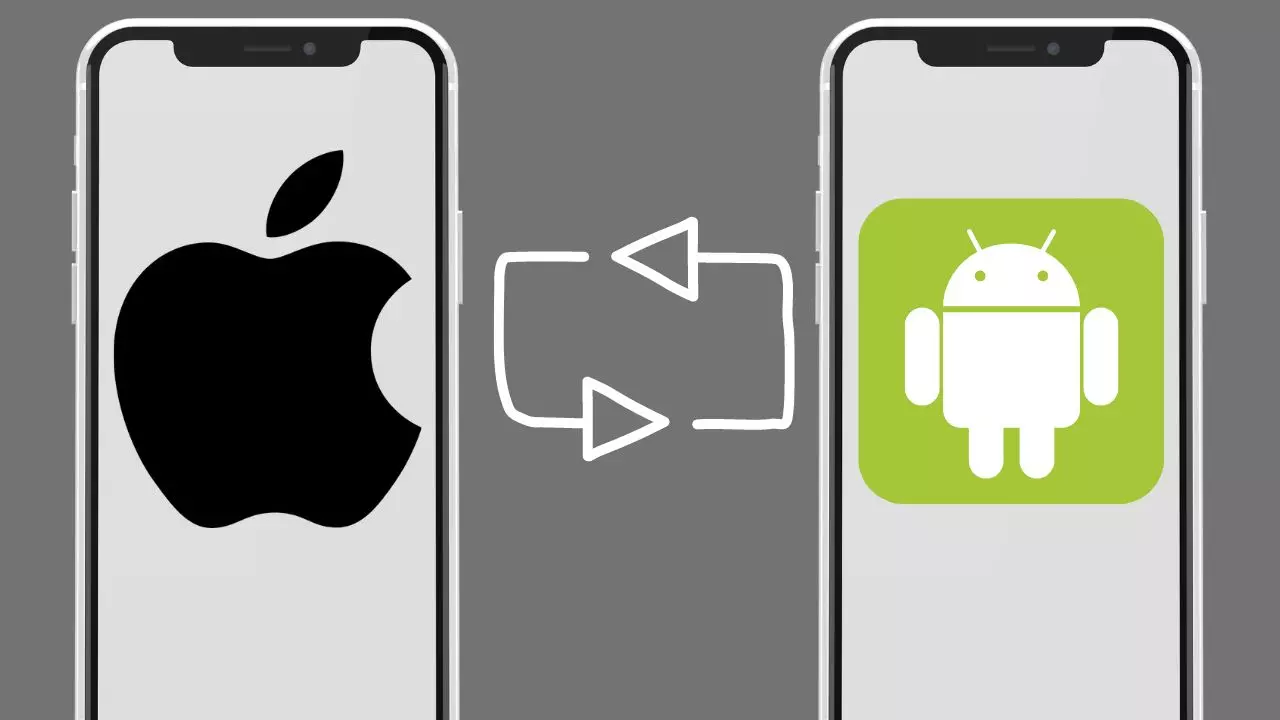In a significant move to enhance interoperability between mobile operating systems, Apple has recently made it easier for users to switch from iPhone to Android. This development comes as part of Apple’s efforts to comply with the European Union’s regulatory standards and to foster a more open digital ecosystem.
Key Highlights:
- Apple adopts RCS (Rich Communication Services) to improve texting between iPhones and Android devices.
- RCS enables high-quality photo and video sharing, chat over WiFi or cellular data, and read receipts among other features.
- This move by Apple is seen as a step towards dismantling the barriers that have traditionally made switching between iOS and Android platforms challenging.
Understanding RCS and Its Impact
Rich Communication Services (RCS) is a messaging protocol that seeks to replace SMS and MMS, offering users a richer texting experience. With features like high-quality media sharing, typing indicators, and read receipts, RCS brings a more app-like functionality to standard messaging. Apple’s adoption of RCS is a significant shift, indicating the company’s willingness to enhance interoperability with Android devices. This could significantly reduce the friction typically associated with switching from an iPhone to an Android device, making the transition smoother for users who choose to make the switch.
The EU’s Role in Promoting Digital Interoperability
The European Union has been at the forefront of advocating for greater interoperability between different technology platforms. By encouraging tech giants like Apple to adopt universal standards like RCS, the EU aims to foster a more competitive and user-friendly digital market. This initiative is part of a broader effort to ensure that consumers have the freedom to choose their preferred technology products without being locked into a specific ecosystem due to compatibility issues.
Broader Implications for the Tech Industry
Apple’s decision to support RCS (Rich Communication Services) and thereby facilitate a smoother transition for users switching to Android has far-reaching implications beyond just improved messaging capabilities. This move signals a potential shift towards more openness and interoperability in the tech industry, a change that could lead to increased innovation and competition. As companies are pushed to adopt universal standards, we may see a reduction in the ‘walled gardens’ that have characterized the tech landscape, leading to a more integrated digital experience for users across various devices and platforms.
Implications for Consumers and the Market
For consumers, Apple’s move to make it easier to switch from iPhone to Android by supporting RCS represents a significant improvement in terms of choice and flexibility. It addresses one of the longstanding issues in the tech community—the difficulty of transferring data and maintaining continuity of experience when moving between iOS and Android. For the market, this development could lead to increased competition and innovation, as barriers to switching are lowered and users can more freely choose the devices and operating systems that best meet their needs.
A Step Towards a More Connected Digital World
Apple’s decision to embrace RCS and make it easier for users to switch from iPhone to Android is a positive development for the tech industry. It signals a willingness among tech giants to work towards a more interconnected and user-centric digital ecosystem. While challenges remain in achieving full interoperability across all platforms and services, moves like this are essential steps in the right direction. They not only benefit consumers by providing more flexibility and choice but also encourage the industry to prioritize user needs and open standards.



















